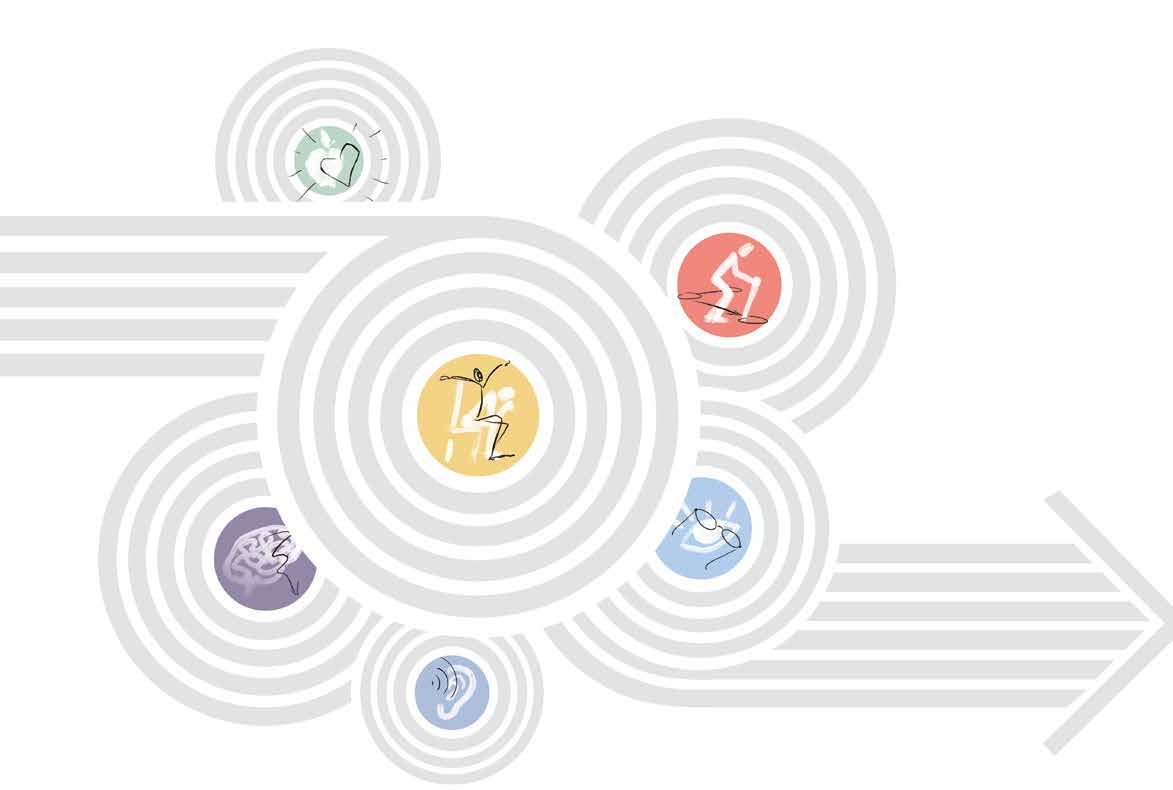研究
賽馬會e健樂電子健康管理計劃 - p4_resources_sub1c
賽馬會e健樂電子健康管理計劃
多元化健康促進計劃

賽馬會e健樂電子健康管理計劃 - p1_morenews_sub6_c
賽馬會e健樂電子健康管理計劃
Better understand the readiness for implementing
the WHO ICOPE Approach

Our researchers found that the stage of ICOPE implementation readiness was “initiating”. The social care settings were able to provide a context to engage older adults, education on general health and disease prevention, and interventions for promoting healthy ageing. The study also identified barriers and facilitators to ICOPE implementation.
Abstract
Although integrated care has been considered a key strategy in reforming health systems around the world, it seems hard to realise in practice, particularly in the part of medical social integration. Worse still, little is known about the capacity of social care professionals who implement it, or their perceived roles and responsibilities, as well as the barriers and facilitators that stakeholders from the health and social sectors identify as factors affecting the ICOPE implementation process. Therefore, the present study was performed to probe into these issues. Data were collected from an online survey based on the WHO ICOPE scorecard (N = 34), and focus groups with policy makers, managers, health and social care professionals (N = 47). Inductive analyses were performed in accordance with the service and system levels within the WHO ICOPE implementation framework. While the findings from the scorecard survey highlight the gap in actualizing the ICOPE approach within the existing social services and care structures, we found support for a model of integrated care underpinned by the WHO ICOPE approach. Factors that may hinder and facilitate ICOPE implementation include workforce capacity-building, coordinated networks and partnerships, and financial mechanisms. This finding can help inform subsequent actions that further support health and social care advancement and collaboration, and the implementation of the ICOPE approach.
The paper Assessing the Readiness for Implementing the World Health Organization’s ICOPE Approach in Hong Kong: Perspectives from Social Care and Policy Stakeholders can be read in full on the The Journal of Frailty & Aging journal website.
賽馬會e健樂電子健康管理計劃 - p1_morenews_sub5_c
賽馬會e健樂電子健康管理計劃
Older people are living longer than before,
but are they living healthier?

There is no doubt that people from countries all over of the world are living longer, but there is little evidence to suggest that older people today are living healthier than their predecessors did at the same age. This is a major cause of concern for many governments around the world because if the added years of people today are dominated by chronic diseases and functional disabilities, there will be negative implications (e.g., extended treatment for older people which increases the health and social care cost to society). Please click here to continue reading
The paper Trajectories of frailty among Chinese older people in Hong Kong between 2001 and 2012: An Age-period-cohort Analysis can be read in full on the Age and Ageing journal website.









